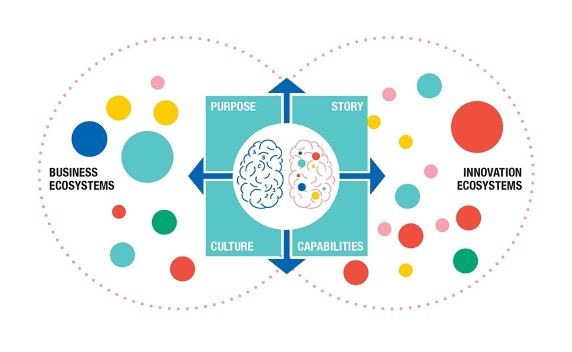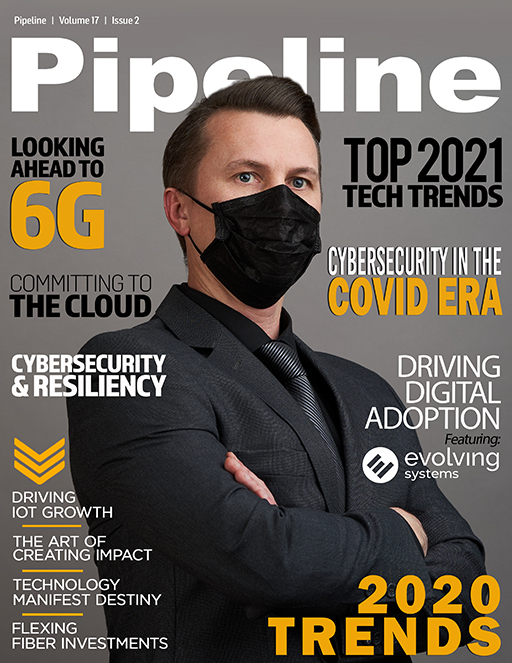The Art of Leading and Creating Impact
When ecosystems grow, the initial scope and teams might need remodeling. This may mean changes in the necessary skills, personalities and roles, or new partners joining and other partners leaving—and shifts in power. Some may win while others give up. It also introduces a moment to revisit both the purpose for the intended direction and the “superpowers” to get there. This can mean that the initial key team needs to hand over their “baby” to others who have more suitable capabilities to bring the ecosystem forward. It’s the grand challenge of dealing with the egos.
Giving up control comes from open discussion intended to create understanding about where each partner organization is in their own business and in regard to the ecosystem and where they are aiming to go. Trust and the ability to discuss the situation and need for adaptation are built on giving and receiving feedback. Even experienced leaders need constant feedback. Depending on personalities or roles, this might mean frustration and disappointment to individuals. However, the change is inevitable.
Framing discussion with purpose helps partner organizations and people ensure quality in strategic decision-making. Reinforcing commitment to purpose will help avoid frustration and cynicism and increase motivation among people. A strong culture of dialogue and joint story that the ecosystem partners build during their common journey helps nurture constructive dialogue that advances success.

Figure 2: Elements of the art of leading and creating impact in evolving ecosystems.
Impact: GOOOOOOAAAL
What you measure is what you get!
Measuring ecosystem impact and managing it systematically is probably one of the hardest things to do. However, collaboration that creates impact has one thing in common.
Context matters for understanding the big picture. Clearly defined objectives are the key to measuring impact. In ecosystems, three levels of objectives are equally important: ecosystem, organization and individual. Together they form the context in which impact is created.
Systematic follow-up is essential to building trust and keeping objectives aligned to purpose in every phase of the ecosystem journey. Systematic follow-up ensures progress and enables taking corrective actions if they are needed. It provides grounds for celebrating wins and keeping up the momentum.
In the end, impact is created by people. Small things like recognizing people and performance matter the most.
Rationally, impact is measured in terms of profit, people and planet. The related objective-setting includes financials and people in the form of systematic feedback collection from customers, partners and employees. Planet-related objectives link to the environmental and broader, measurable socioeconomic impact that oftentimes is underpinning the ecosystem purpose in the first place.
Emotionally, the rational elements serve as a foundation for execution. They provide for the continued commitment of the partner organizations throughout the journey and help to attract future partners. Fundamentally, ecosystems are about people, learning and renewal, and achieving together.
The rule of thumb for setting objectives, leading execution and creating impact is simple: transparency and fairness rule. Putting effort into not only objective-setting but also into the quality of dialogue in the process through which they are set are the keys to impact.
The art of leading and creating impact in ecosystems is based on recognizing both the rational and emotional sides all the way along the ecosystem journey.



















